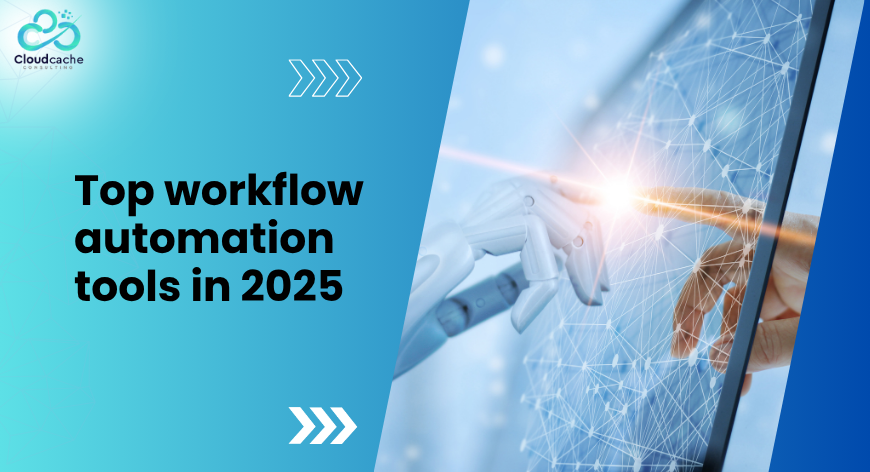
Top workflow automation tools in 2025
With organizations striving to improve operational efficiency, reduce manual effort, and accelerate their digital transformation, workflow automation tools have emerged as indispensable assets. They connect apps, automate repetitive tasks, and empower teams to focus on strategic work instead of being bogged down by mundane processes.
Whether you are a solo entrepreneur or a global enterprise, selecting the right automation platform can make a significant difference in productivity and scalability. Among the top contenders in 2025, four platforms stand out—Workato, Zapier, Make.com, and Celigo. Each of these platforms offers unique capabilities tailored to different business needs, making them ideal for organizations seeking seamless integration and end-to-end automation.
Let’s explore these tools in detail and understand how they are transforming modern businesses.
Top Workflow Automation Tools in 2025
Workato:
Workato is an enterprise-grade integration and automation platform that combines the power of iPaaS (Integration Platform as a Service) with the flexibility of low-code/no-code design. It enables organizations to create sophisticated workflows using pre-built connectors, advanced logic, and even AI and machine learning.
Why Workato Stands Out in 2025
- Comprehensive Integrations: Workato supports integrations with thousands of applications including Salesforce, NetSuite, Slack, HubSpot, Zendesk, and more.This makes it a go-to solution for organizations with a wide tech stack.
- Custom Triggers and Actions: Workato allows users to create workflows based on specific business triggers—like when a new lead is generated, when an invoice is sent, or when customer feedback is submitted.
- Drag-and-Drop Interface: Its intuitive builder means even users with no coding background can create complex automation workflows effortlessly.
- Collaboration-Ready: Teams can build, test, and share workflows together, enhancing transparency and cross-departmental efficiency.
- Built-In Monitoring and Alerts: It includes tools for real-time tracking and error notifications to ensure workflows run smoothly.
- AI & Machine Learning Integration: For enterprises that want to take automation to the next level, Workato offers AI capabilities to create smarter workflows—like prioritizing customer support tickets or analyzing sales patterns.
Ideal For
Mid-size to large enterprises looking for secure, scalable, and AI-enabled workflow automation.
Zapier:
Known for its simplicity and massive integration library, Zapier is a no-code platform that enables users to connect apps and automate tasks in just a few clicks.
Key Features of Zapier
- 3,000+ App Integrations: From Gmail and Google Sheets to Trello, Asana, and Mailchimp, Zapier offers one of the largest integration ecosystems.
- Easy-to-Build “Zaps”: Workflows (called “Zaps”) can be created using a simple form-based builder. For example, you can build a Zap to automatically save Gmail attachments to Dropbox and alert you on Slack.
- Transfer by Zapier: A newer feature, this lets users transfer bulk data across systems—a great time-saver for customer migrations and data syncing.
- Team Collaboration Features: On premium plans, teams get access to shared folders, roles, and usage controls for better coordination.
- Scheduled Automations: Set automations to run at specific times (e.g., daily summaries, weekly reports).
- Low Learning Curve: Zapier is one of the easiest platforms to use—perfect for non-technical teams who want to automate quickly.
Make.com:
In 2025, make.com continues to gain popularity due to its capability to handle highly complex workflows with a clear, visual representation.
Why Make.com Is Powerful
- Unlimited Steps: Unlike many other platforms, Make.com allows virtually unlimited steps and branching logic within a single scenario.
- Real-Time Execution: Workflows can be triggered instantly or on a schedule, with real-time monitoring and logs.
- API Integration Support: Beyond built-in apps, users can connect to any service with a public API, adding unmatched flexibility.
- 1400+ Native App Integrations: Includes tools like Airtable, HubSpot, Shopify, ClickUp, and many more.
- Support for All Departments: Sales, HR, Finance, IT, Marketing—Make.com has use cases for every team.
Ideal For
Tech-savvy teams and businesses with complex, multi-step workflows that need deep customization and visualization
Celigo:
Celigo has carved its niche as an integration platform designed specifically for growing businesses and mid-market enterprises. Unlike traditional iPaaS tools that may be too complex or too simplistic, Celigo strikes the right balance—offering powerful integration with guided user experience.
Core Features of Celigo
- Pre-Built Integration Templates: Celigo’s integration marketplace provides hundreds of ready-to-use templates for platforms like NetSuite, Shopify, Salesforce, and more.
- SmartConnectors™: These advanced connectors manage integrations for popular business systems, reducing configuration effort and speeding up deployment.
- Hybrid User Interface: Offers both a low-code builder for business users and an advanced scripting option for developers.
- Error Handling and Alerts: Built-in diagnostics and resolution guidance minimize downtime and help teams respond to issues quickly.
- Data Transformation Tools: Customize how data moves between systems with advanced logic, field mapping, and conditional filters.
- Business Process Automation: More than just app integration, Celigo allows you to automate full processes like order-to-cash, lead-to-invoice, or support ticket resolution.
Ideal For
Growing businesses and mid-market enterprises that need robust integrations with ERP and CRM systems but don’t want to build from scratch.
The Growing Importance of Workflow Automation
In 2025, the business landscape is volatile, highly digital, and heavily reliant on data-driven decision-making. Workflow automation tools are no longer “nice to have”—they’re vital. Here’s why:
- Error Reduction: Automation eliminates manual entry mistakes and ensures data consistency across platforms.
- Faster Decision-Making: With real-time alerts and synchronized data, businesses can respond to market changes or customer needs quicker.
- Cost Efficiency: Reducing manual labor and optimizing workflows ultimately lowers operational costs.
- Scalability: Automation allows businesses to grow operations without scaling human resources at the same rate.
- Cross-Department Efficiency: These tools bridge communication and data silos, improving collaboration across sales, support, marketing, and operations.
Conclusion
The future of business lies in intelligent automation. Tools like Workato, Zapier, Make.com, and Celigo are at the forefront of this transformation—offering solutions that cater to businesses at every stage of growth. As companies navigate increasing complexity and competition, those who embrace automation will enjoy a significant edge in speed, accuracy, and customer satisfaction.
Whether you're looking to optimize a simple marketing workflow or overhaul your entire operations system, CloudCache Consulting provides integration services with all these tools. With us, choose wisely, experiment boldly, and automate strategically—because in 2025, automation isn’t just the future; it’s the present. Check out our past work in Upwork as well.
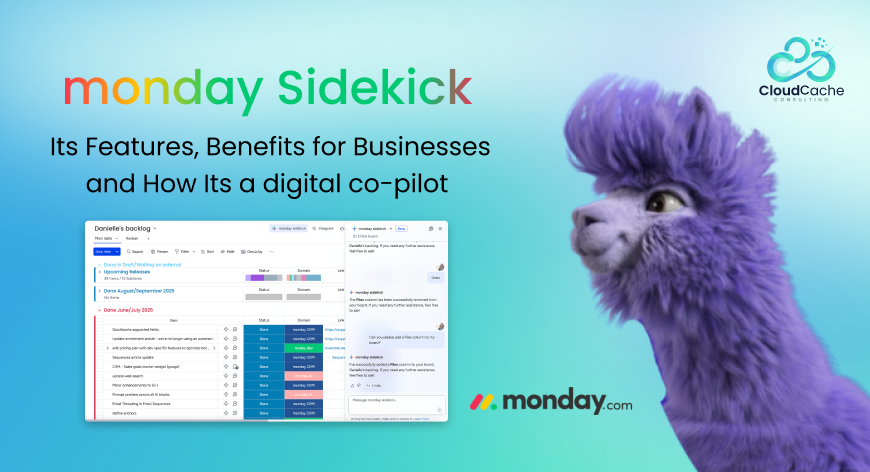
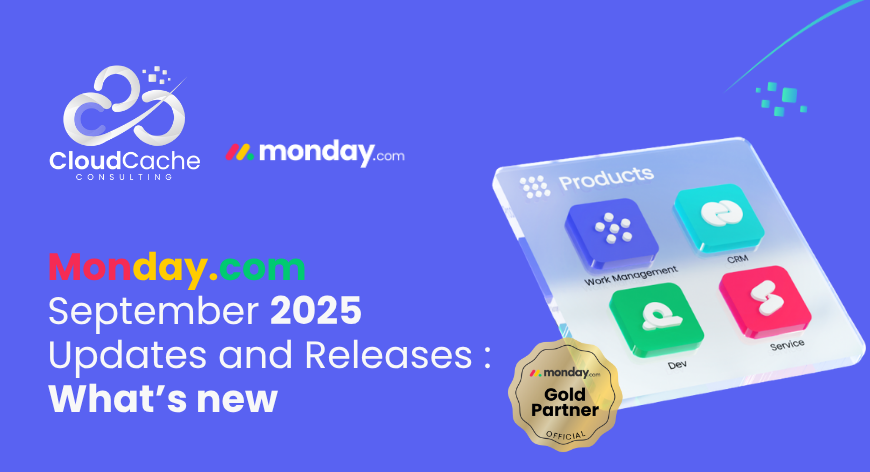
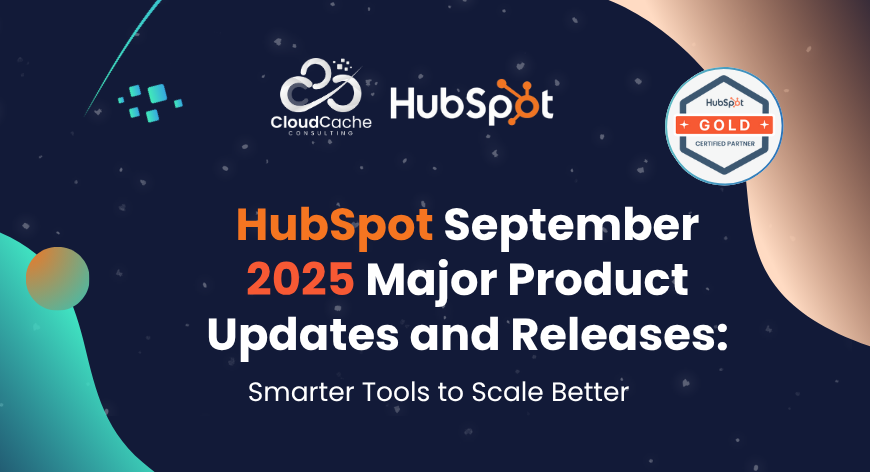
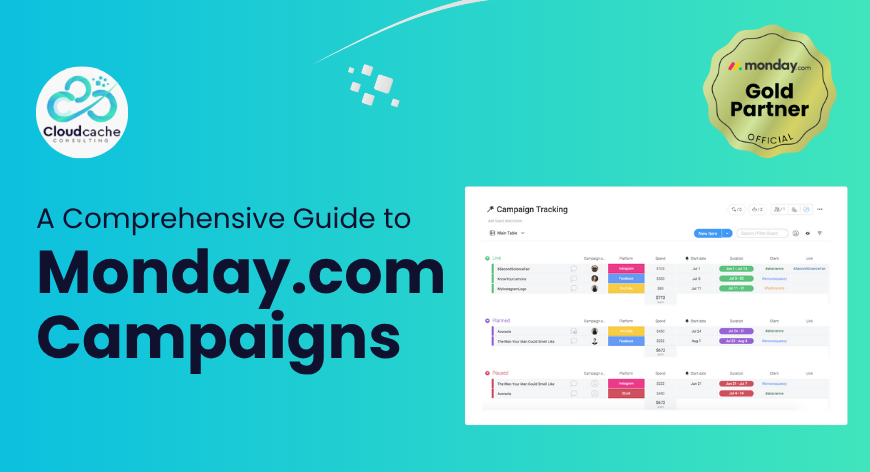
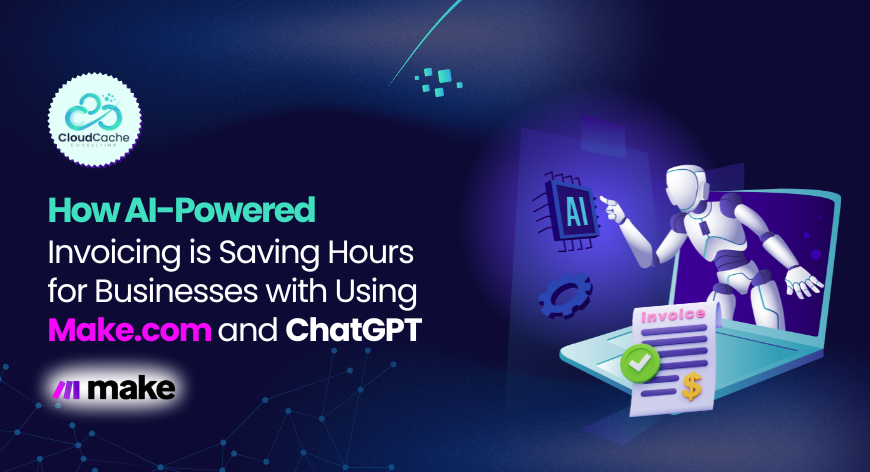

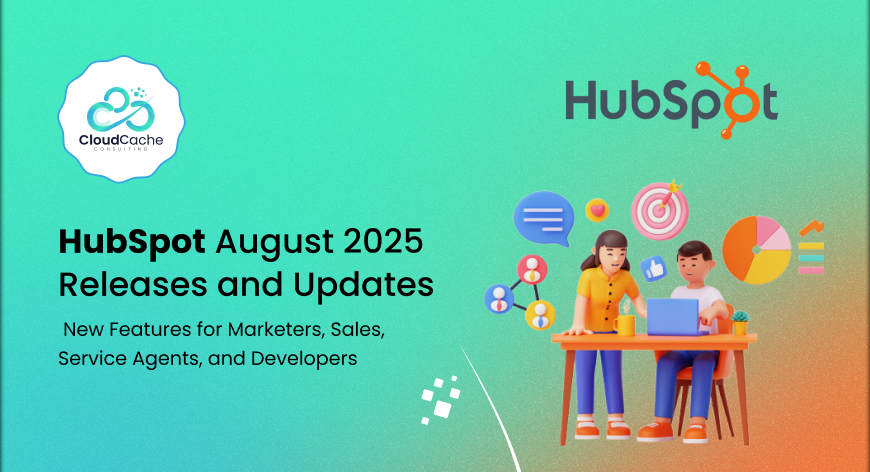
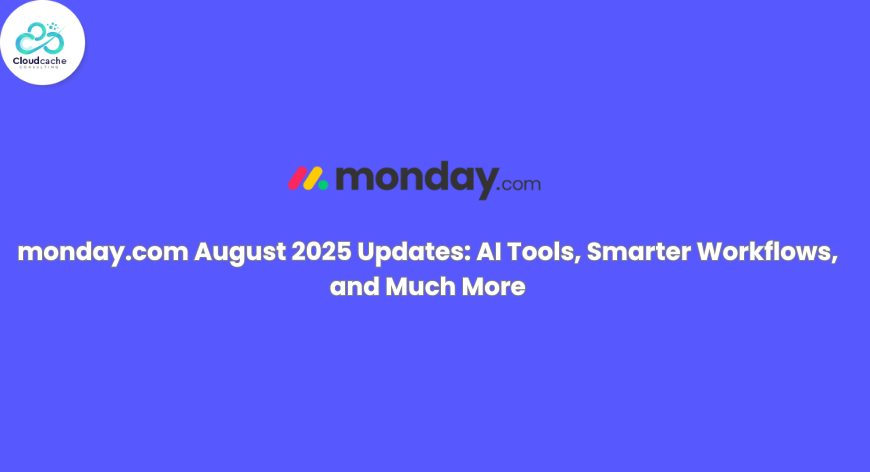
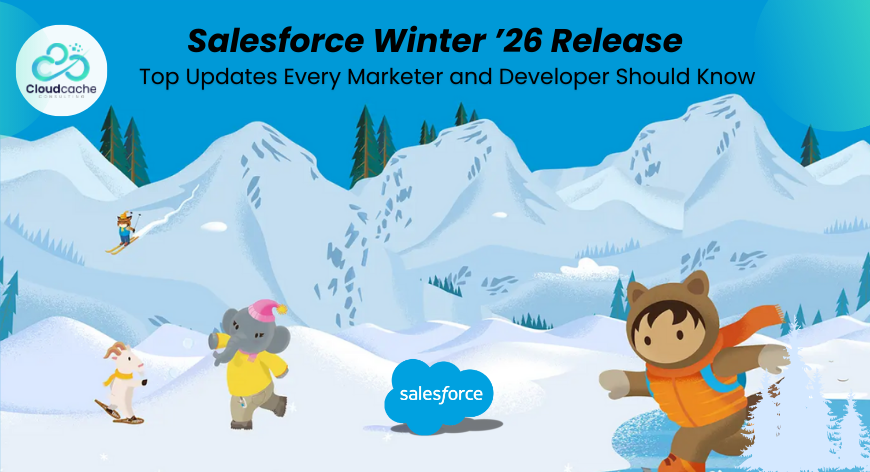
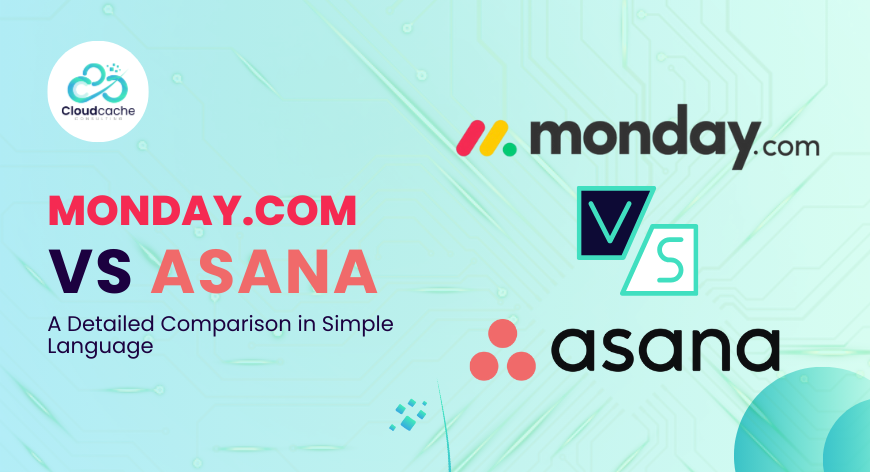

Leave a Reply
Your email address will not be published.